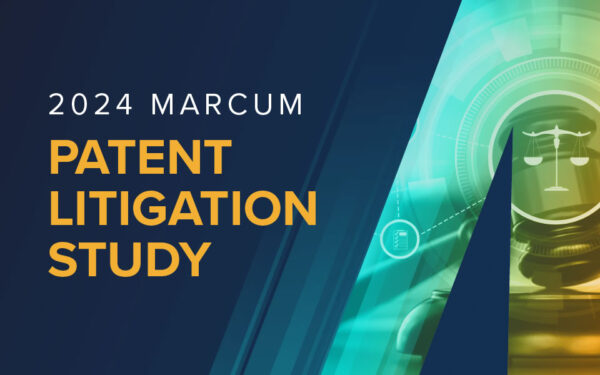Treatment of Payments for Entity Level Tax on Pass-Through Entities
By John Bonk, National State & Local Tax Leader & Josh Stein, Manager, Tax & Business Services
In 2018, Connecticut established a new mandatory pass-through entity level tax for pass-through entities, in response to federal legislation limiting the deduction for state and local taxes paid. Six additional states (Louisiana, Maryland, New Jersey, Oklahoma, Rhode Island, and Wisconsin) have since established similar rules which would create an optional entity-level filing.
The Tax Cut and Jobs Act, passed at the end of 2017, modified the deductibility of state and local taxes to a maximum of $10,000 for individual filers. Since the passing of this legislation, many states have tried to introduce legislation so that citizens could obtain benefits through their entities rather than a personal deduction. The IRS allows such deductions through entities.
Due to the $10,000 limit on tax deduction itemization and the IRS approving such taxes as deductible by entities, there may be value in filing these taxes via entity level instead of withholding or composite payments that are only deductible to that limit. However, if these filing elections are made now for 2020, there could be large tax payments due by the entity. Such payments due may also result in penalties for failure to pay estimates. To avoid penalties, some states allow taxpayers to transfer personal level payments or composite payments to the entity level.
Tax payments are generally transferable with written request in Louisiana and Wisconsin. They are generally not transferable in New Jersey and Rhode Island. In Maryland, the estimated taxes are paid on the same form as the withholding taxes, so any estimates made as withholding would be deemed as entity level estimates. In Oklahoma, the election to treat taxes paid as entity level is for the current tax year. Any election to opt into this system must be made by the 15th day of the third month of the current year.
As these tax deduction provisions are new, New Jersey has explicitly provided for penalty abatement for the underpayment of estimated tax. Other states have not made explicit statements regarding the ability to abate any such penalties, though in instances where payments are transferable, that may preclude the need for abatement.
| State | Transferability Between Tax Types | Penalty Abatement | Other Notes |
|---|---|---|---|
| New Jersey Business Alternative Income Tax (BAIT) | Tax payments may not be transferred between tax types. New Jersey considers these separate taxes, and does not allow transfer. | As 2020 is the first year of the pass-through BAIT, New Jersey is not penalizing taxpayers under the safe harbor provisions. | BAIT credits may be claimed on a composite return. |
| Louisiana | Payments may be transferred with written request to the Department of Taxation by an authorized representative of the company. Email is a valid method of “written” request. | No explicit penalty abatement provided. | Election made by the 15th day of the 4th month after the close of the year, by written consent of members owning more than 50%; entities electing this are treated as a C-Corporation, and their owners will not report the income on their personal returns (nor receive credit for taxes paid). Though taxed as a C-Corp, LLCs will not be subject to franchise tax. |
| Maryland | The tax is paid on the same form as prior law, so any estimates made for Form 510 should still apply. | No explicit penalty abatement provided. | Estimates are made through Form 510D; which is the same form as the current pass-through withholding tax. Check box if electing to remit tax on behalf of resident members. Election available on Form 510, and is annual. Workaround ONLY AVAILABLE to resident members. |
| Oklahoma | Not applicable. The election for a calendar year taxpayer for 2021 is due 3/15/2021. | None, as the election is made for the current tax year. There’s ample time to make any required estimates. | Election must be made by the 15th day of the 3rd month of the tax year. Elections made now would be effective for 2021. As with Louisiana, the owners will not report the Pass Through Entity (PTE) activity (income or credit) on a personal Oklahoma return. |
| Rhode Island | Not available. | Was available in 2019. | Separate form with separate estimates. No specific election appears to be required. |
| Wisconsin | Individual payments may not be transferred. Entities may transfer withholding payments (PW-ES) to the entity-level tax account (Corp-ES) and vice-versa by sending a written request to [email protected] Economic development surcharge payments may also be used in this manner. |
Wisconsin will not generally abate estimate penalties – as payments can be transferred from tax types, they can be used to satisfy any estimate requirements. | As with Louisiana/Oklahoma, the owners will not report the PTE activity (income or credit) on a personal Wisconsin return |




















